NBS
Nigeria’s inflation drops to 17.93 percent
The Consumer Price Index (CPI) which measures inflation dropped to 17.93 per cent (year-on-year) in May compared to 18.12 per cent in the preceding month, according to the National Bureau of Statistics (NBS). The 0.19 per cent decline in the headline index, makes it the second consecutive month that the rate had sustained its downward trajectory after 18 months of inflationary pressures on the economy. According to the CPI figures for May which was released by the statistical agency Tuesday, food inflation dropped to 22.28 per cent from 22.72 per cent in April. Price moderation was recorded in bread, cereals, milk, cheese, eggs, fish, soft drinks, coffee, tea and cocoa, fruits, meat, oils and fats and vegetables. On month-on-month basis, the food sub-index declined to 1.05 per cent in May ...
N60 billion mint: PDP demands sack of finance minister
The Peoples Democratic Party, PDP, has called for the sack of Finance Minister, Zainab Ahmed, over what it described as an attempt to mislead Nigerians. The call follows her denial of the revelations by the Edo state Governor, Godwin Obaseki, that N60 billion was printed in March to support federal allocation to states.” Edo State governor Godwin Obaseki had earlier in the week, lamented the sorry state of the nation’s economy, stressing that the federal government had to order the printing of currency to the tune of N60 billion to share among the tiers of government, a claim dismissed by the Finance, Budget and National Planning Minister, Zainab Ahmed. In a statement signed by Kola Ologbondiyan, national publicity secretary of the party, the PDP maintained that “the admission by Central B...
NBS: Nigerian government, states’ debt profile rise to N32.92 trillion
Nigeria’s total public debt portfolio as at December 31, 2020, stood at N32.92 trillion, the National Bureau of Statistics (NBS) reveals. It made the revelation in its Nigerian Domestic and Foreign Debt report for Quarter Four, 2020, obtained from its website on Monday in Abuja. It added that the debt profile was for the States and the Federal Government. According to the bureau, Nigeria’s total public debt showed that N12.71 trillion or 38.60 per cent of the debt was external, while N20.21 trillion or 61.40 per cent of the debt was domestic. “Further disaggregation of Nigeria’s foreign debt showed that 17.93 billion dollars of the debt was multilateral, 4.06 billion dollars was bilateral from the African Development Bank (AfDB), Exim Bank of China, Japan International Cooperation Agency (...
NECA decries increase in Nigeria’s unemployment rate
Dr Timothy Olawale, Director-General, Nigeria Employers Consultative Association (NECA) has expressed concern of the association, at the growing unemployment rate, as released by the National Bureau of Statistics (NBS). Olawale told newsmen on Wednesday, in Lagos, that the recently released data by the NBS was worrisome. NAN also reports that a recently released Labour force report, published by the NBS shows that Nigeria’s unemployment rate as of the end of 2020, rose to 33.3 per cent from 27.1 per cent recorded as of Q2 2020. The report indicated that about 23,187,389 (23.2 million) Nigerians remained unemployed. “While the figure shows that the unemployment crisis is worsening at an alarming rate, it is also instructive to note that the socio-economic factors that increased the figure t...
Nigeria’s inflation rate hits 17.33 percent
The consumer price index, which measures the rate of increase in the price of goods and services, increased to 17.33 percent in February. This is the highest point since April 2017. According to the CPI/Inflation report released by the National Bureau of Statistics (NBS) on Tuesday, the food inflation stood at 21.79 percent, the highest point since the 2009 data series began. According to the NBS, food inflation also grew by 21.79 percent year-on-year compared to 20.57 percent recorded in January. The headline inflation for month-on-month also increased to 1.89 percent from 1.83 percentage points. It explained that the upward movement in food inflation was caused by increases in the prices of bread, cereals, fish, potatoes, yam and other tubers, vegetables, meat, oils and fats, fruits and ...
Nigerian government approves new debt management strategy
The Federal Executive Council (FEC) has approved a new Medium-Term Debt Management Strategy for Nigeria (MTDS) for the period 2020-2023. With the approval, announced during Wednesday’s virtual FEC meeting, the DMO which is saddled with managing the nation’s debt matters, has promised full implementation to support economic development while ensuring that public debt is sustainable. The MTDS is a policy document which provides a guide to the borrowing activities of the government in the medium-term, usually four years. It is recognised as one of the best practices in public debt management and is recommended by the World Bank and International Monetary Fund (IMF) to ensure that public debt management is driven by a well-articulated strategy that is structured to meet a country’s broader mac...
NBS: N319.99 trillion e-payments recorded in Q3 2020
A total volume of 2,781,526,188 transactions valued at N319.99trn was recorded in the third quarter of this year based on data on electronic payment channels in the Nigeria banking sector, the Nigerian Bureau of Statistics has said. It disclosed this in its latest Selected Banking Sector Data which focused on sectorial breakdown of credit, e-payment channels and staff strength of Deposit Money Banks. The bureau said Real Time Gross Settlement transfers dominated the volume of transactions recorded. RTGS systems are specialist funds transfer systems where the transfer of money or securities takes place from one bank to any other bank on a real-time and on a gross basis. The NBS said 1,799,199 volume of online transfer transactions valued at N116.06trn were recorded in Q3 2020. In terms of c...
Recession: The worse may be possibly over – Lagos chamber
The Lagos Chamber of Commerce and Industry (LCCI) says the nation’s economic contraction of 3.62 per cent of the third quarter against the 6.1 per cent of the second quarter of the year may indicate that the worst is over. The post Recession: The worse may be possibly over – Lagos chamber appeared first on TODAY. You Deserve to Make Money Even When you are looking for Dates Online. So we reimagined what a dating should be. It begins with giving you back power. Get to meet Beautiful people, chat and make money in the process. Earn rewards by chatting, sharing photos, blogging and help give users back their fair share of Internet revenue.
- 1
- 2
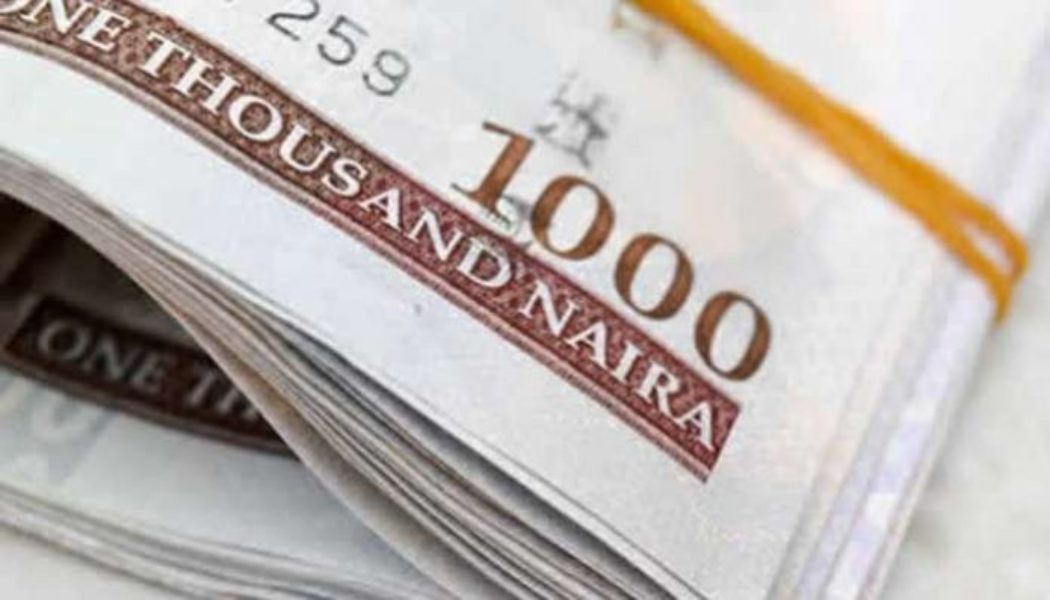



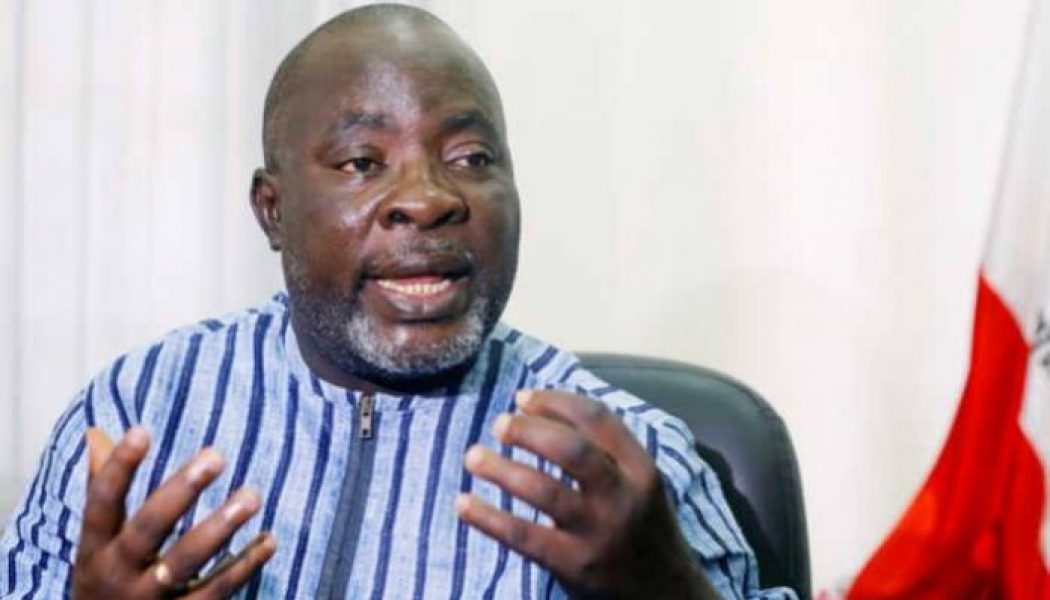

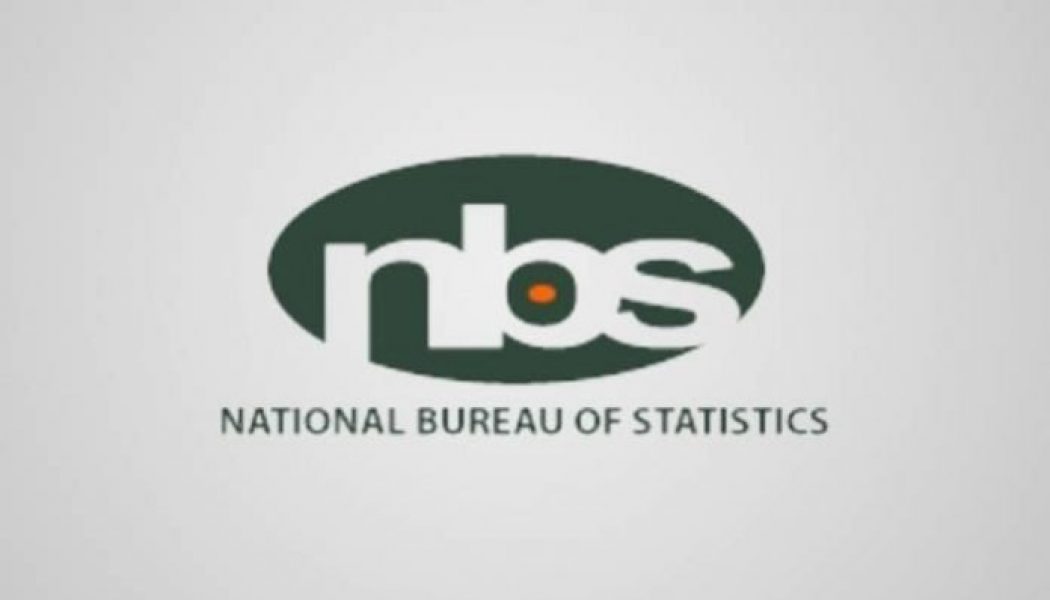



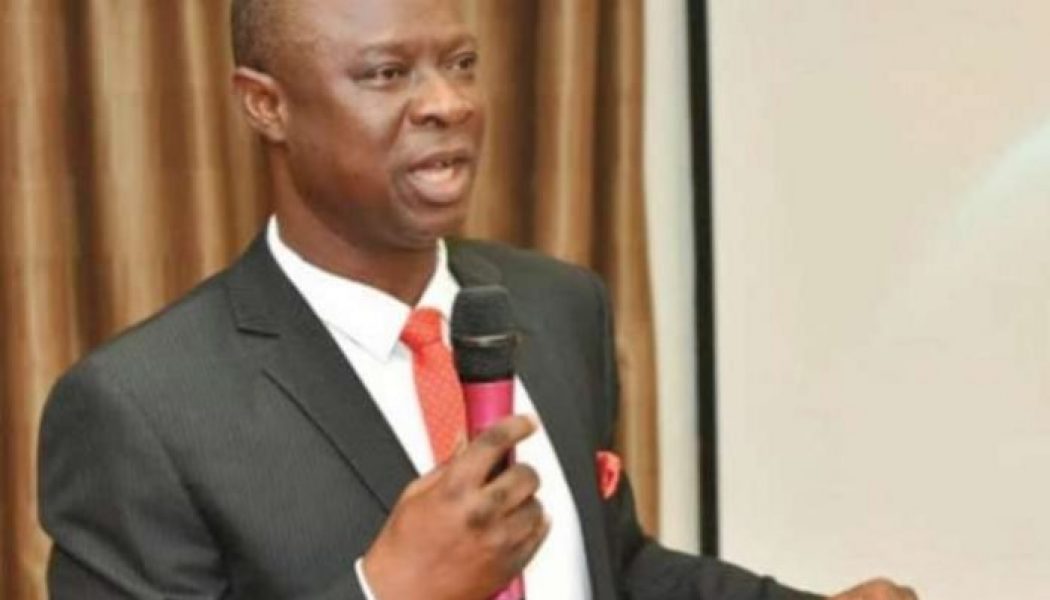

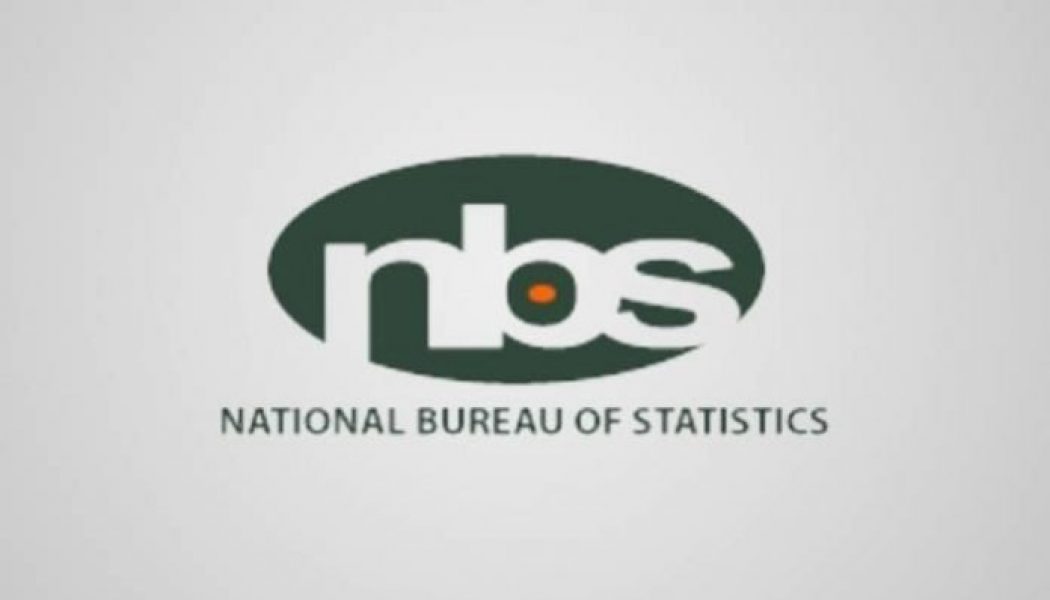

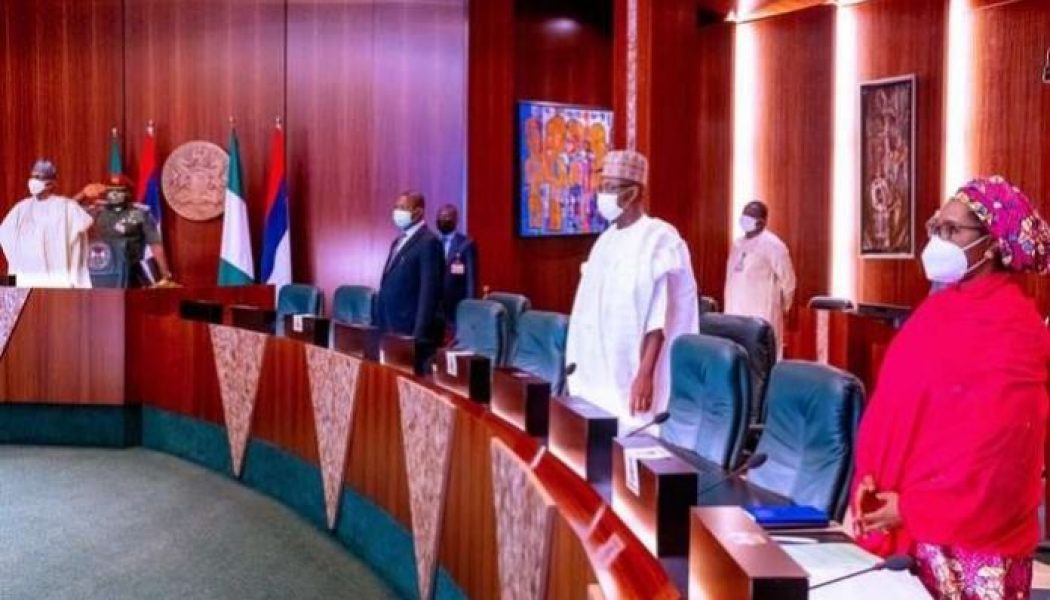

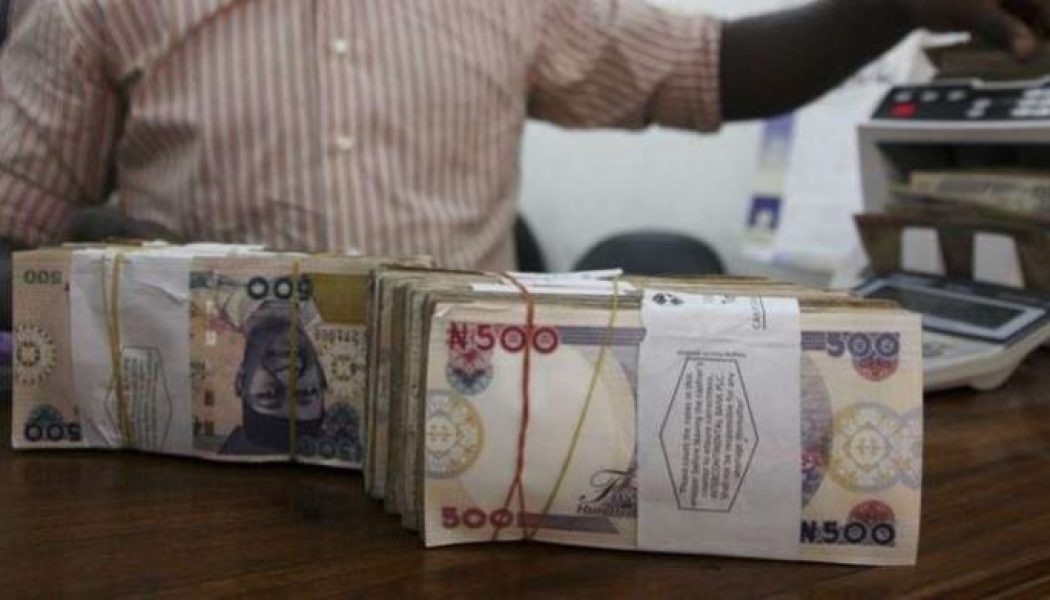

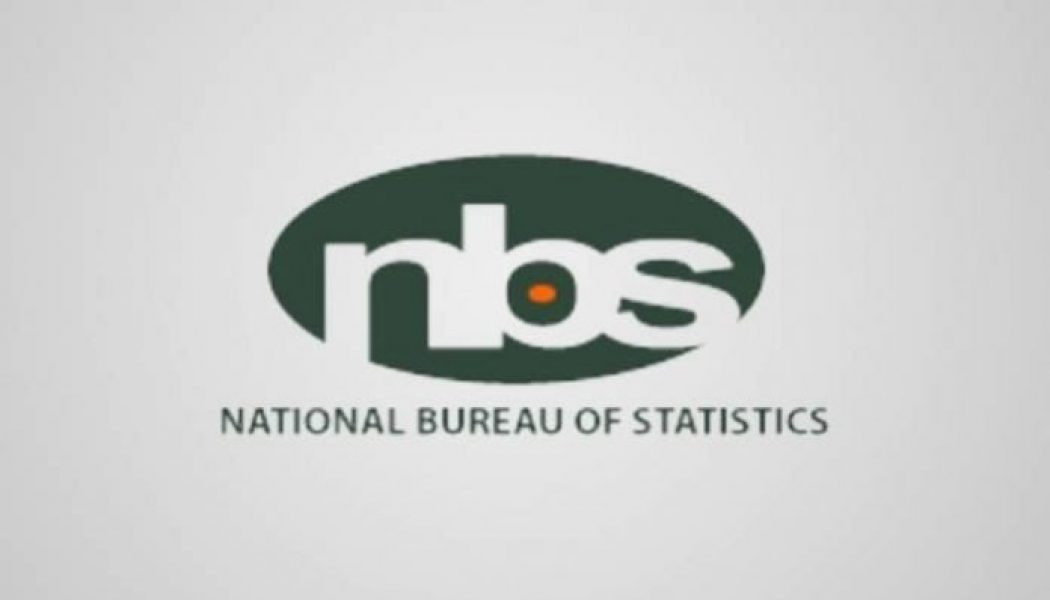

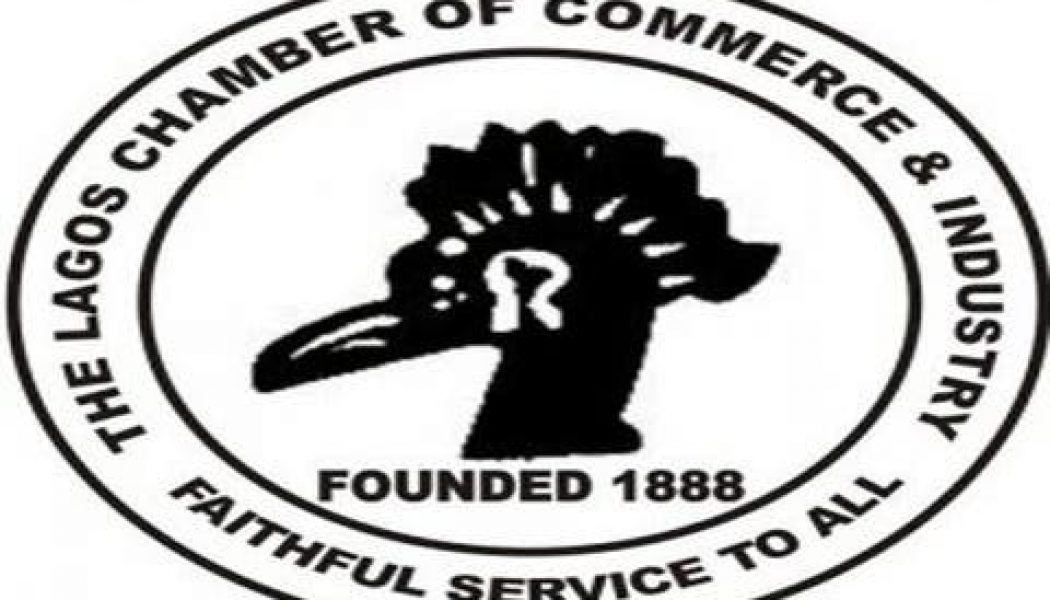

Understanding the strength of small businesses
The number of small businesses keeps growing in the formal and informal sectors of the Nigerian economy, due to the role of small businesses as the live-wire of any economy and the backbone of major developed economies the world over. Though Nigeria rely majorly on oil and revenues derived from it, from context observation the economy is largely supported by small businesses covering almost all spheres of activities within the country, ranging from Nano, kiosk, and Micro businesses most importantly. A visible reference usually includes the vulcanizers, corner shop owners, single retail marketers, repairers, painters, business center operators, restaurants, market women, and men in the various open markets, among others. and the formal operations such as the law firms, accounting firms, con...